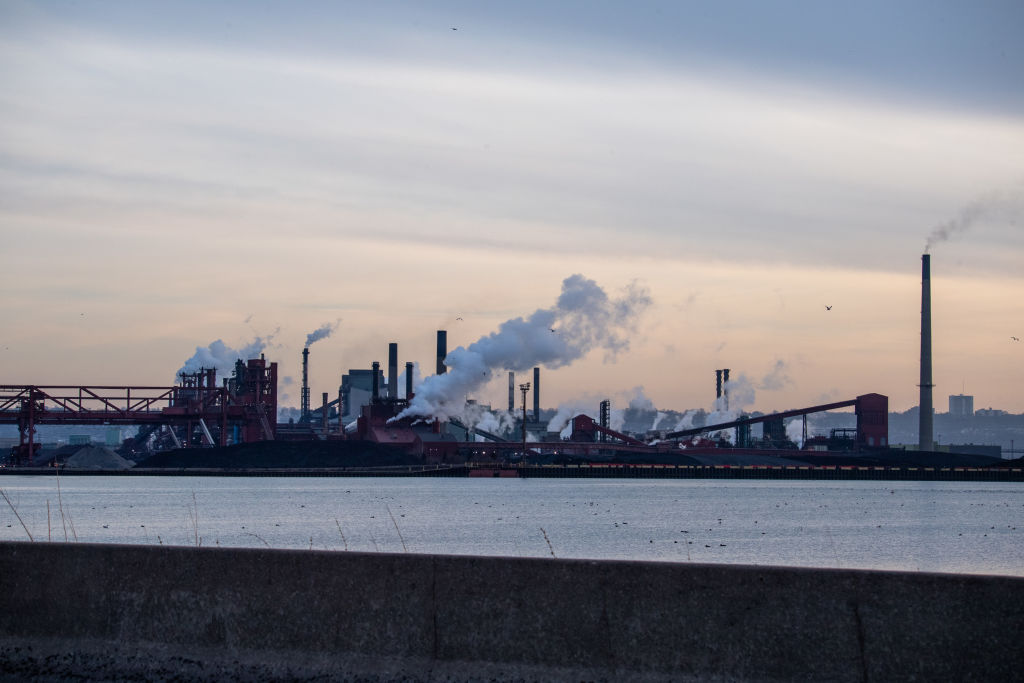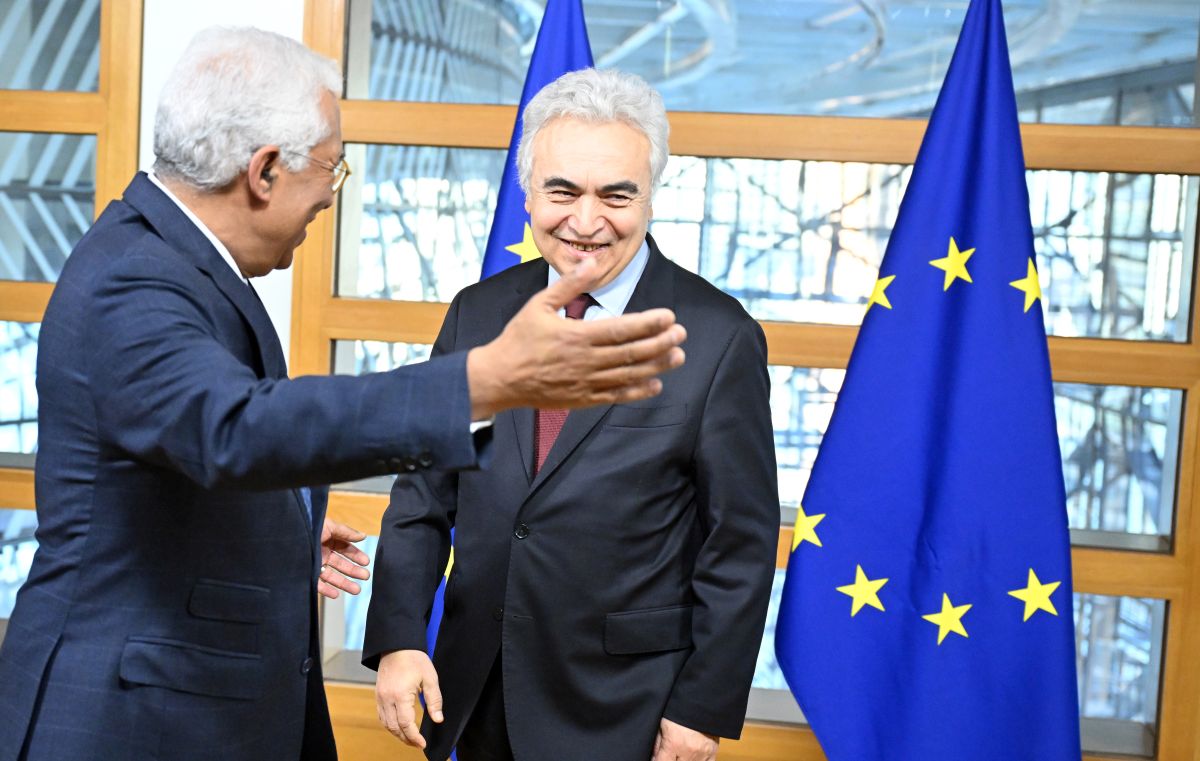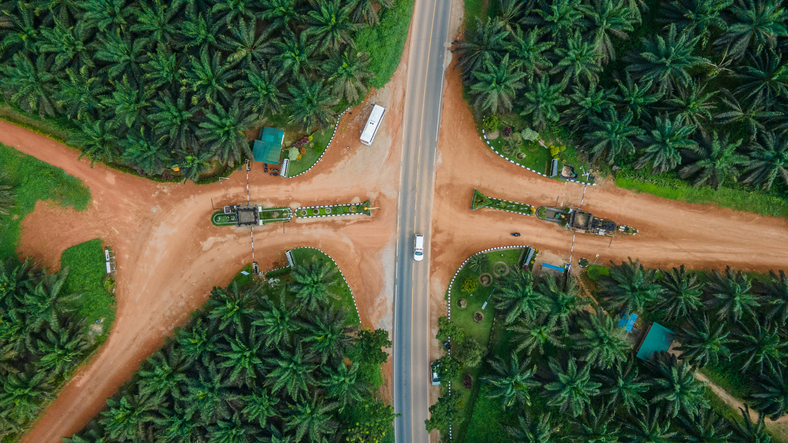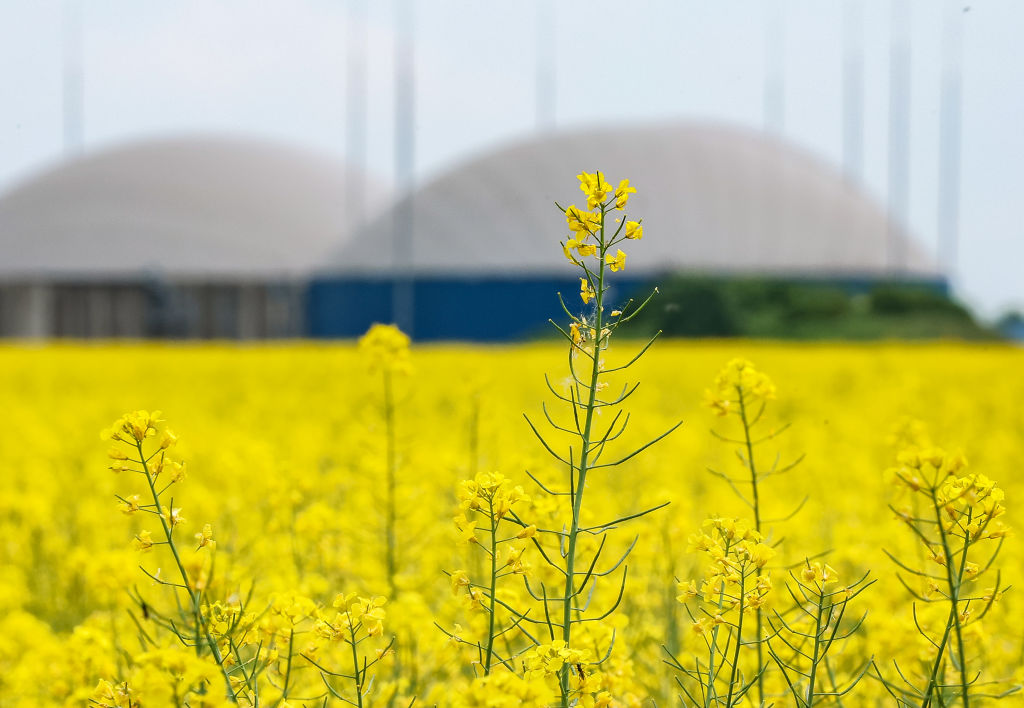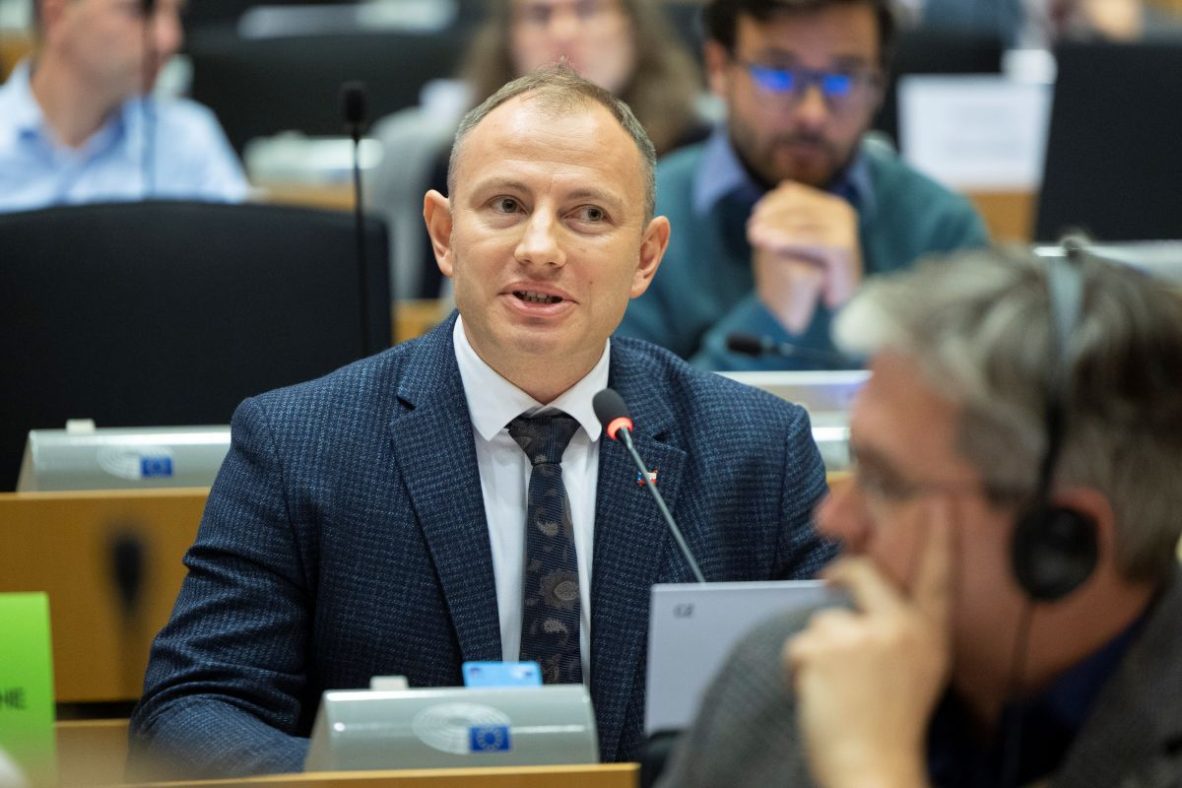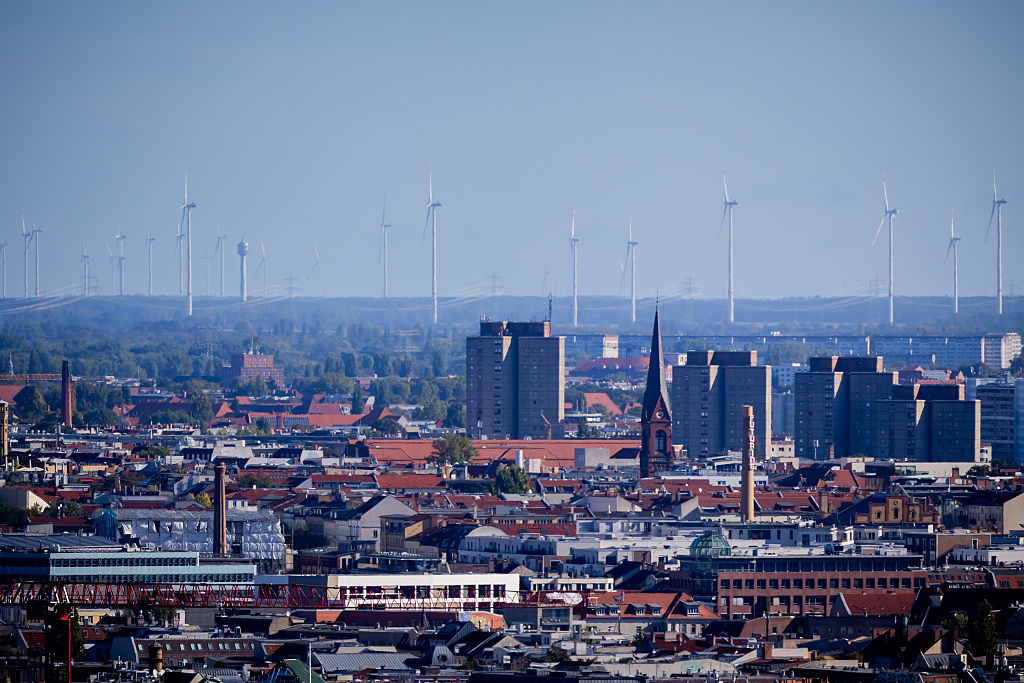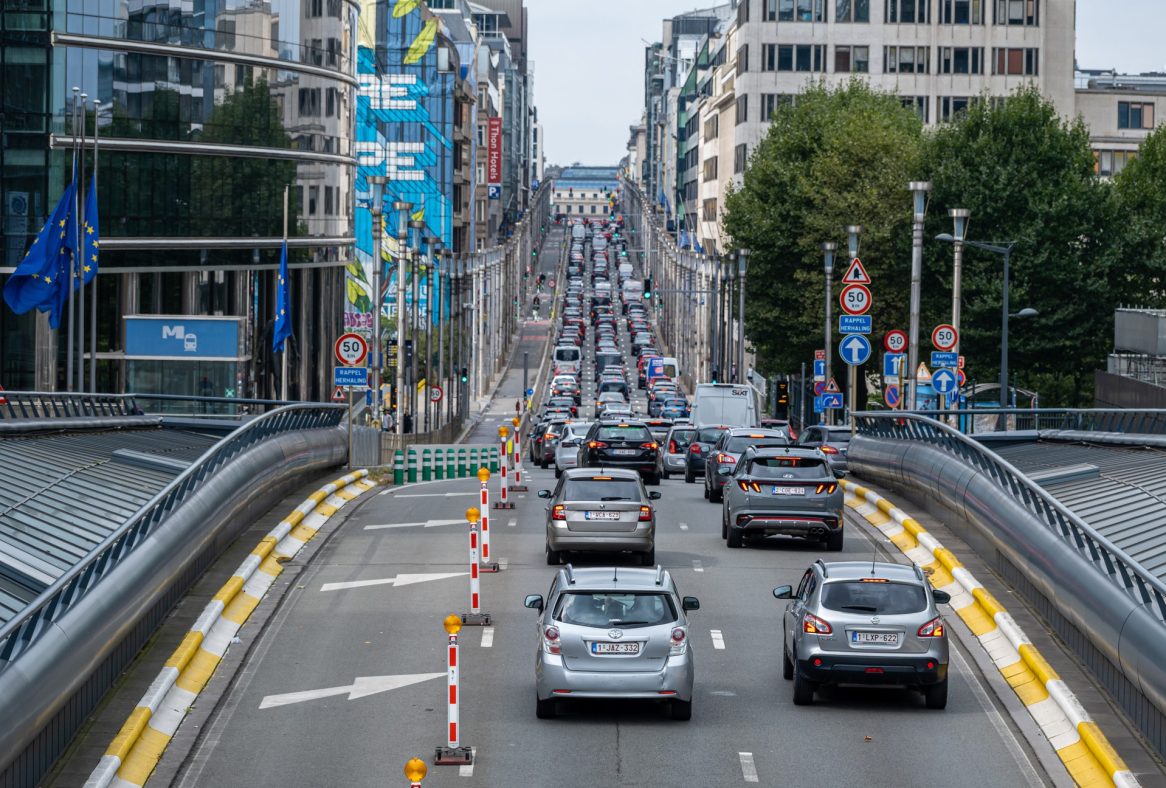Von der Leyen teases tweaks to EU green policies in letter to leaders
The EU's 2040 climate goal, biofuel policy, and carbon tax prices could all face changes
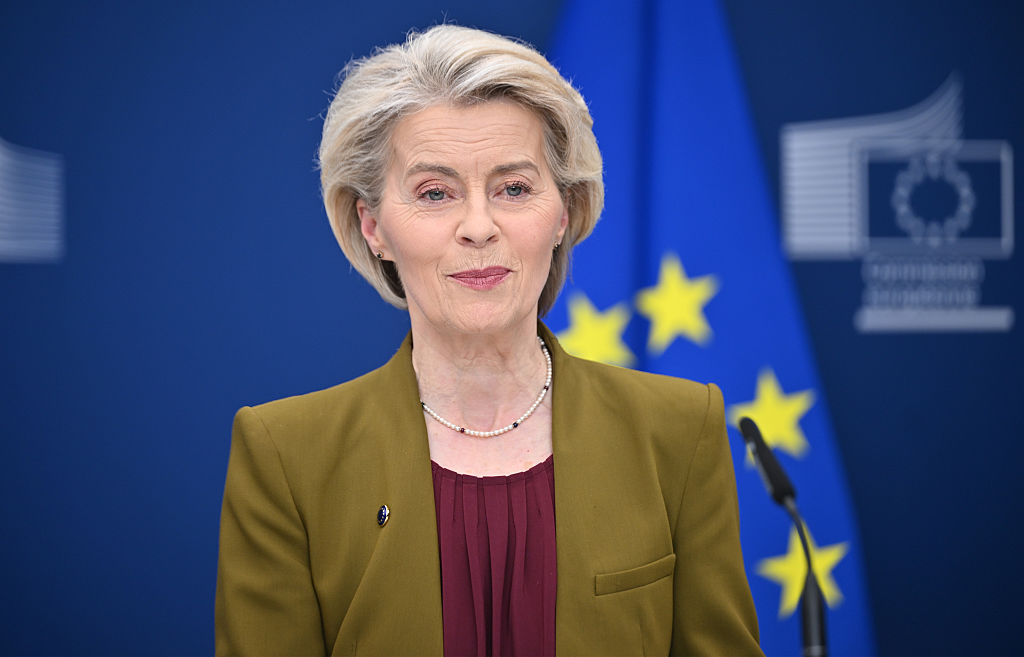
The EU may yet water down some of its climate policies as part of its simplification agenda but that won’t stop the charge on clean tech and the battle against climate change, European Commission President Ursula von der Leyen told EU leaders in a letter on Monday.
The missive comes just days before EU heads of state and government will discuss the bloc’s emission reduction pathway post-2030, and on the eve of an environment ministers’ meeting in Luxembourg.
The Commission’s proposal to cut emissions by 90% from 1990 levels has already become a thorny political issue, with critics arguing the ambitious goal will negatively impact industrial competitiveness.
In the letter, von der Leyen hinted at significant policy changes but made no concrete pledges. Instead, she urged EU leaders to stay the course on climate action, framing it as a necessary part of the bloc’s competition with other global actors.
“The way our own policies have contributed to China’s emergence in green tech … should serve as a cautionary tale: to achieve leadership, relentless focus and effort is necessary,” she wrote.
Target 2040
In the letter, von der Leyen hinted at weakening the 90% emission reduction goal proposed for 2040, likely by using more international credits.
That would mean paying other countries to cut emissions and count them as EU reductions. Under the current Commission proposal, only 3% of emissions reductions from the 1990 level can be accounted for this way, but the Commission president suggested ministers could still increase that.
“Our domestic target for emission reductions can be lower than 90%, as long as this is compensated by similar – and cost-efficient, high-integrity – reductions outside of the EU,” von der Leyen wrote, arguing that this offers opportunities to partner with other countries.
Once there is a fixed target, related reforms will follow, she said, promising flexibility, technology-neutral implementation, and consideration of “national circumstances.”
The Commission president also suggested that hard-to-decarbonise polluting companies covered by the Emissions Trading System (ETS) should be allowed to use “industrial carbon removals,” like carbon capture and storage, to respect the decarbonisation trajectory set by the law.
On the sensitive topic of the automotive industry’s future, von der Leyen also opened the door to the use of “advanced biofuels,” which can be made from waste and agricultural residues, to reduce car emissions.
However, she did not say if their use would be possible after the 2035 cut-off date for polluting engines. The letter only refers to a fuel assessment beyond 2030.
The Commission president had previously promised only to offer a role to e-fuels, referring to gasoline and diesel alternatives that come from mixing hydrogen with CO2.
Fuel emission pricing
Von der Leyen also used her letter to address concerns around the price of emissions from fuel.
A large coalition of countries is worried that the EU’s new pricing system for CO2 from transport and heating fuels, known as ETS2, could excessively burden European families and prompt public backlash.
On Tuesday, von der Leyen said the EU Climate Commissioner Wopke Hoekstra will present new proposals to avoid high and volatile CO2 prices.
Referring to a measure known as “front loading,” von der Leyen said that the Commission would also check whether it’s possible to use expected future revenues immediately to ease the law’s impact on the market. Various EU parliamentarians have openly requested that measure.
Still, von der Leyen made clear that she is not considering a complete revision of the law.
“I remain convinced that a market-based approach, in conjunction with other measures, is the right way to modernize these sectors,” she wrote.
Confirming the line
Von der Leyen also confirmed the commission’s line on the need to cut energy prices in the short term, saying that “electrification should be at the core of our competitiveness, energy security, and climate objectives.”
Proposals to cut prices will be put forward as soon as possible, she said, while urging EU capitals to cut taxes on electricity, which is overburdened compared to gas.
At the same time, von der Leyen stressed that only innovation can bolster the bloc’s competitiveness and that simplification will only work if national, regional, and local authorities align their actions alongside those of the EU. Her letter noted that the Commission sees clean technology as a major business opportunity.
Seizing that opportunity requires “an unrelenting drive to face off our competitors,” she said.
(cm, jp)

